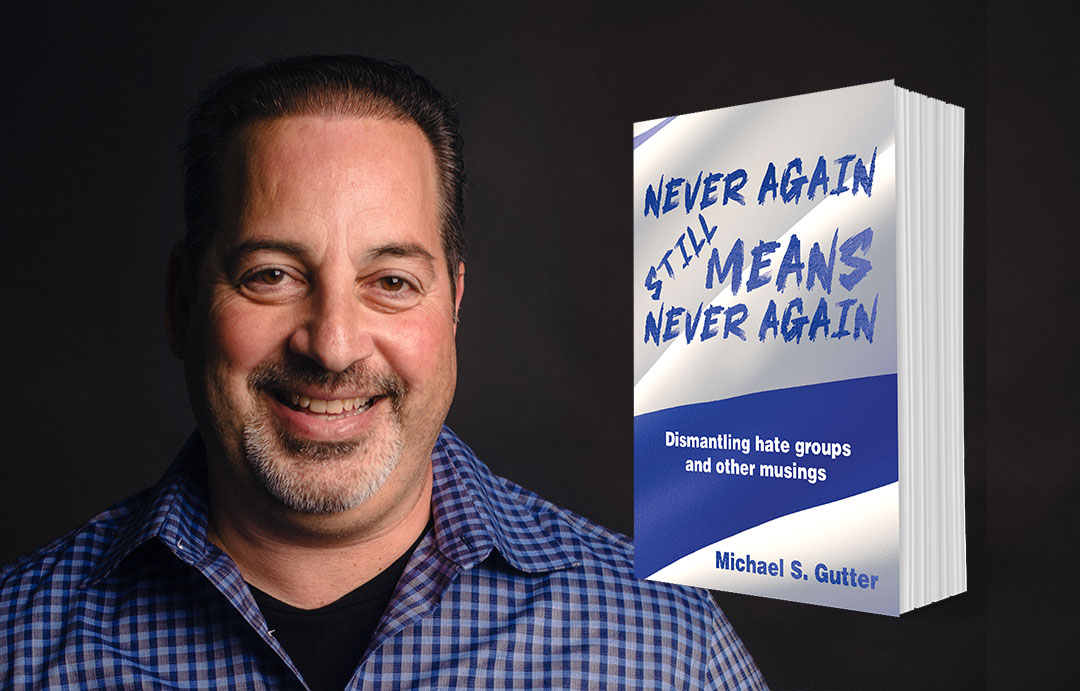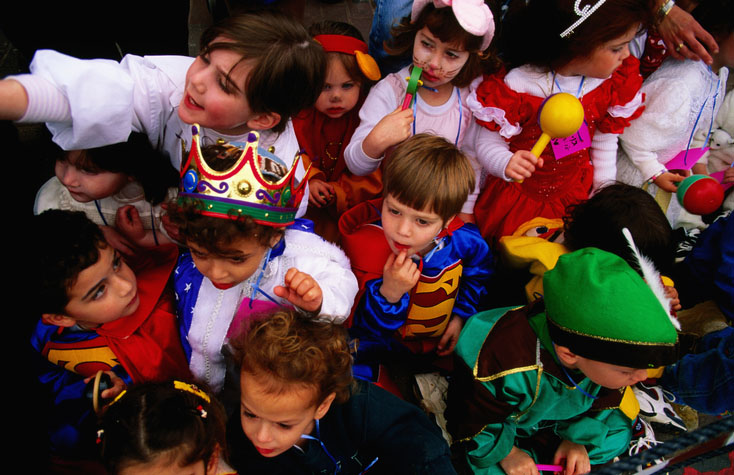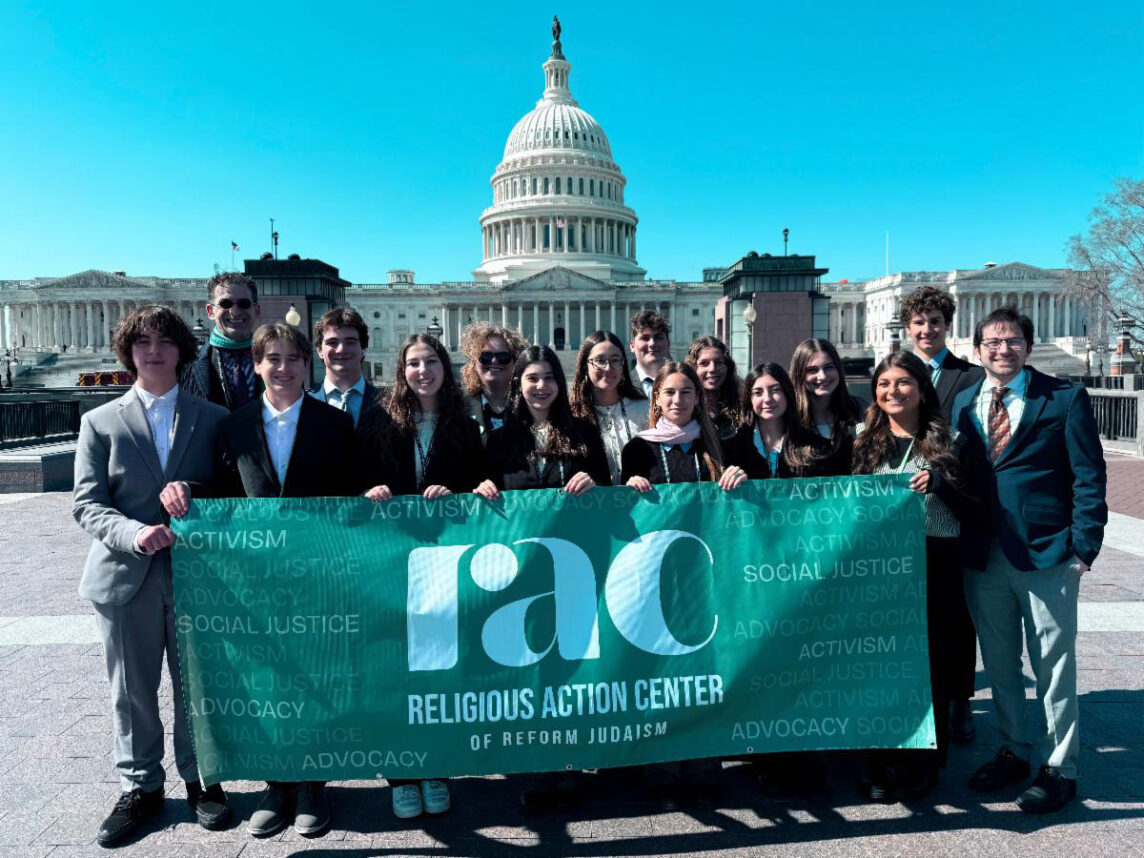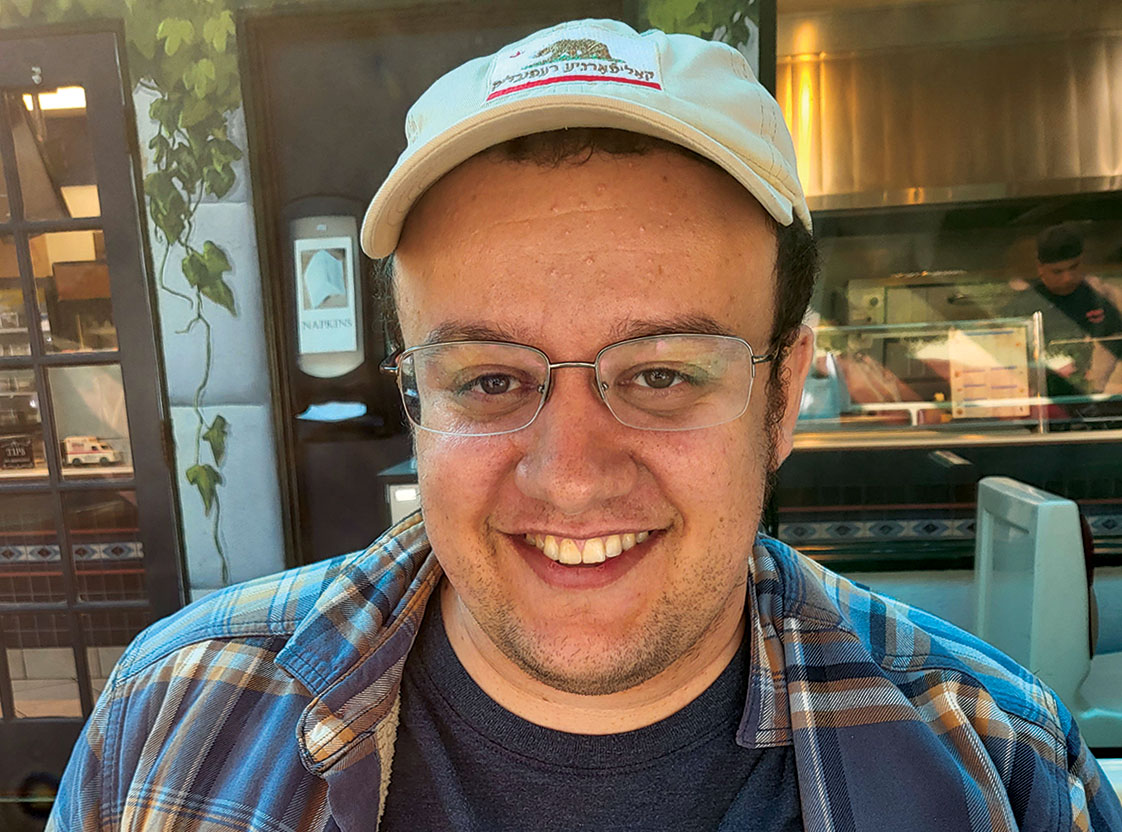
Eating disorders are so prevalent within Jewish community that The Renfrew Center designed specialized programming to treat Jewish women. The Renfrew Center is a national network of eating disorder treatment centers, with a facility in Los Angeles. As the Center’s liaison to the Jewish community, psychotherapist Sarah Bateman, LCSW, works to ensure that Jewish individuals with eating disorders receive culturally sensitive treatment.
When asked how she got involved with this specialty, Bateman said when she was in high school, many of her friends were suffering from eating disorders.
“It seemed to me that everyone knew, but no one was talking about it,” Bateman told the Journal. “Talking about these issues does not make them go away, but it can greatly help reduce the stigma and make it so much easier for those who are suffering privately.”
The Journal spoke with Bateman about eating disorders, Judaism and how to navigate challenges faced during the fasting holidays, like Yom Kippur.
JJ: Why are eating disorders prevalent among the Jewish community?
Unfortunately, there is very limited research that delves into eating disorders in the Jewish population. However, when we look at eating disorders among Jewish women and men, we try to focus our training and treatment on what we already know about eating disorders.
The underlying issues of the eating disorder are often the same for people that do not practice Judaism, but Jewish patients have unique religious and cultural needs that may influence the development and maintenance of eating disorders. Some examples include keeping kosher, observing Sabbath and holidays, fast days and religious rituals, and we always want to be culturally sensitive to each person and their own observances.
JJ: How do fasting holidays trigger eating disorders?
For some people, there can be a “high” or state of euphoria that is felt when fasting. This is most likely linked to a state of ketosis and may be part of the reason that fasting is often used in religions in attempts to reach a “spiritual high.” If a person has a history of anorexia and has ever felt any kind of euphoria from restriction, they may be triggered into wanting to continue to restrict or fast, and probably should not risk their health, progress or recovery by fasting for religious reasons. It’s important to remember that health and life always come first in Judaism, and that eating disorders are serious and deadly mental illnesses.
How do people determine whether or not they should fast?
Any individual who has an eating disorder should discuss fasting with their therapeutic team and rabbi before doing so. All members of that team should be knowledgeable about eating disorders and religious obligations.
There are some people who are able to fast on religious fast days and then go right back to following their meal plans and will not be triggered to continue restriction. However, someone who has a history of anorexia, one or more hospitalizations with history of restrictions, relates to the feelings of euphoria from restriction or is not able to follow their meal plan and treatment recommendations currently should probably be advised to not fast.
“For someone who is sick or has an eating disorder, it is not a mitzvah (good deed or positive commandment) to fast.” – Sarah Bateman
For someone who is sick or has an eating disorder, it is not a mitzvah (good deed or positive commandment) to fast.
How can those with eating disorders honor fasting holidays, like Yom Kippur, while staying healthy?
Not fasting on a fast day can feel different for different people, and each individual should honor their own physical and mental needs as they go through this process. Some people may find it helpful to remind themselves that this is not their fast day, and that the rules of fasting don’t apply to them, while others may find it helpful to focus instead on what they can do, such as prayer, charity work, individual goals or helping others.
In what ways can people incorporate eating disorder treatment with Jewish rituals and observances?
The same rituals that can be difficult can also be helpful. I like to remind people who are struggling with any observance to think about why they do it, or what they would like to get out of it. Thinking about the meaning behind a ritual or holiday or observance can help connect us to our values and our intentions. We often get caught up focusing on things that don’t matter to us, and when we connect back to our values we can refocus in a more positive and authentic way. If you ever find yourself getting stuck in a ritual or an observance, see if you can look up the meaning behind it, and remember why you are doing it in the first place. If this doesn’t help, see if you can do it in a different way that is still consistent with your beliefs.
























 More news and opinions than at a Shabbat dinner, right in your inbox.
More news and opinions than at a Shabbat dinner, right in your inbox.